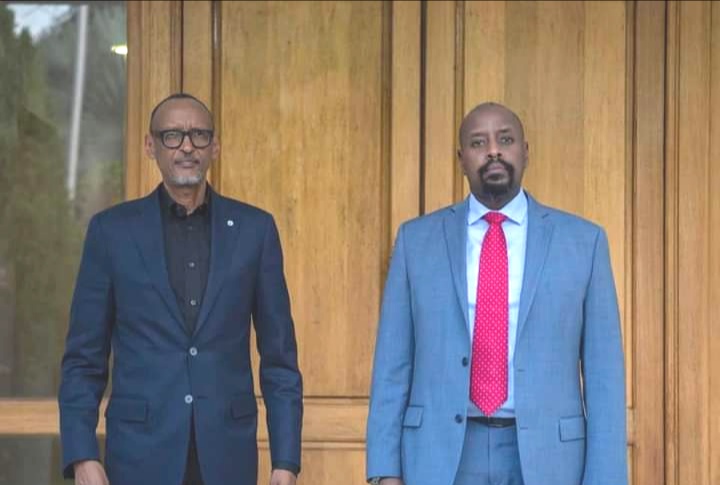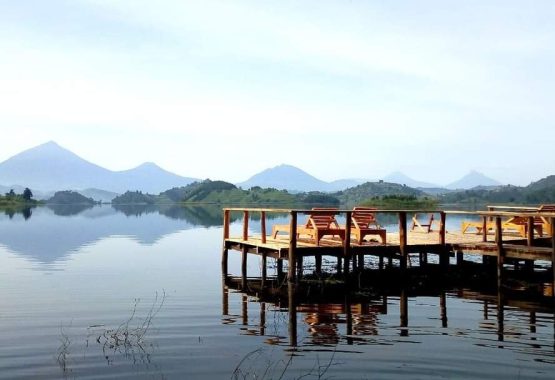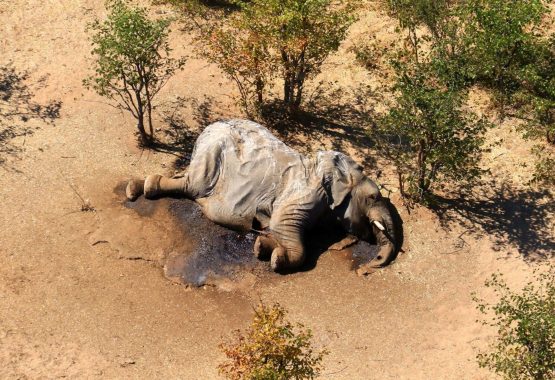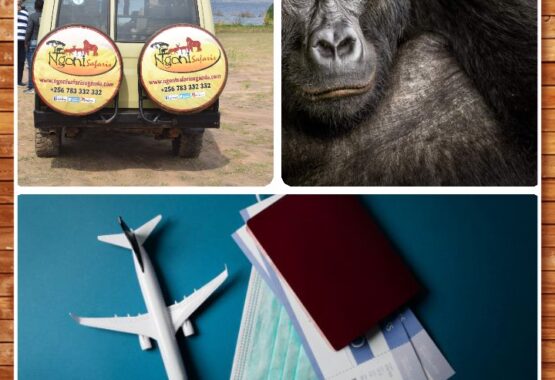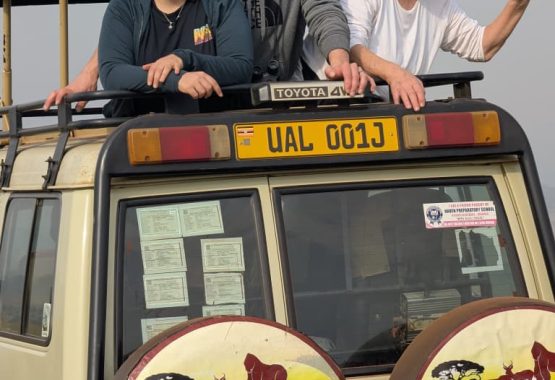Uganda and Rwanda reopened their Gatuna border post on Monday, signaling the end of three-year frosty relations between the two East African nations.
In a surprise announcement last week, Kigali said the frontier would be open again after three years of closure, signalling a thaw in relations between the two East African nations that had long been at loggerheads.
Ugandan President Yoweri Museveni’s powerful son Muhoozi Kainerugaba — seen as playing a key role in Rwanda’s decision — tweeted: “Now our people can freely move, trade and interact as Almighty God always intended!”
But as the rain poured at the main Gatuna post, the situation was unclear, with Rwandans complaining they were not allowed to cross while delays were also reported on the Ugandan side.
“I was told that the border is open and I came with the intention to cross to Uganda and buy some things. But Rwandan immigration officials have told me that I cannot cross until further notice. It is quite confusing,” a Rwandan trader who was turned away told AFP.
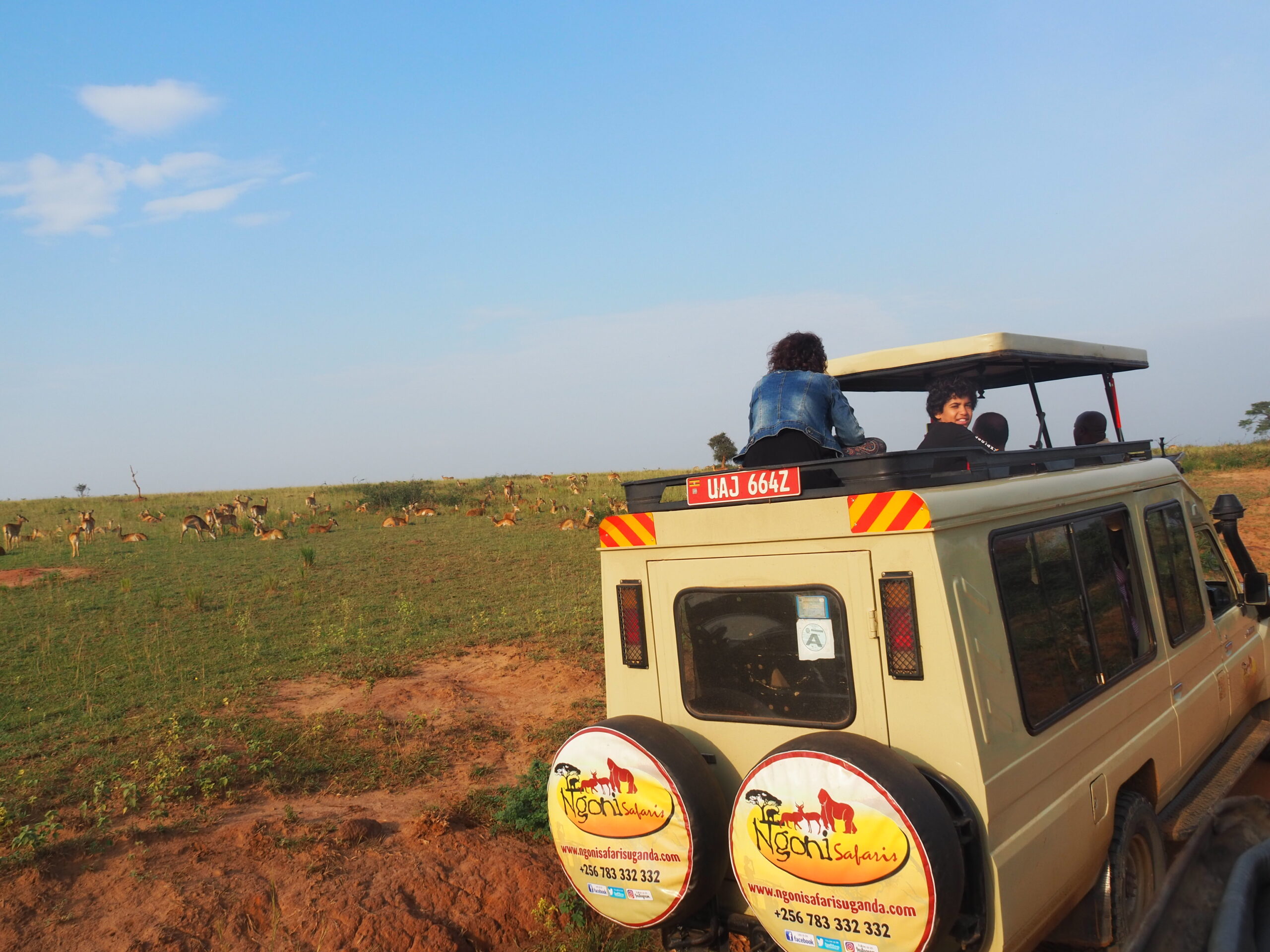
Two-way trade collapsed after the frontier was closed in February 2019 as tensions between Kigali and Kampala spiralled over rival accusations of espionage and political meddling.
Kigali — which used to rely on the Uganda route for the bulk of its imports — announced it would reopen the border as a step towards repairing ties.
Rwandan government spokeswoman Yolande Makolo said on Twitter that trucks, Rwandan citizens and returning residents were able to cross into the country at Gatuna, in line with Covid-19 restrictions.
She added that “Rwandan & Ugandan health officials are working on joint covid protocols, which will enable all to cross on both sides”, without mentioning the situation for Rwandans wanting to travel to Uganda.
A Ugandan truck driver was one of the first able to return to his home country just after the stroke of midnight.
“This is a historic moment for our sister countries. I am so excited that this is happening,” Wasswa Ndugu Fabrison told journalists.
On the Ugandan side, some at the border reported delays for goods clearance.
Uganda’s immigration commissioner Marcelino Besigye told AFP the two sides had agreed to give priority to cargo trucks but that non-essential travel was not “encouraged” because of Covid protocols.
“Our health teams and that of Rwanda will be working out a mechanism to ensure passengers are tested and allowed to proceed,” he added.
Kainerugaba was seen as instrumental in the reopening decision, after he visited Kigali and met Rwandan President Paul Kagame last month.
Museveni and Kagame were close allies in the 1980s and 1990s during struggles for power in their respective countries, but relations turned deeply hostile.
Rwanda accused Uganda of abducting its citizens and supporting rebels seeking to topple Kagame.
Uganda in turn accused Rwanda of spying as well as killing two men during an incursion into Ugandan territory in 2019.
Before the closure, Ugandan exports to Rwanda — predominantly cement and food — totalled more than $211 million in 2018, according to World Bank figures.
Rwanda, which subsequently turned to Tanzania for trade, had exported goods worth $13 million to Uganda in 2018.
Trade plummeted in 2019, with the situation further exacerbated by the Covid crisis.

